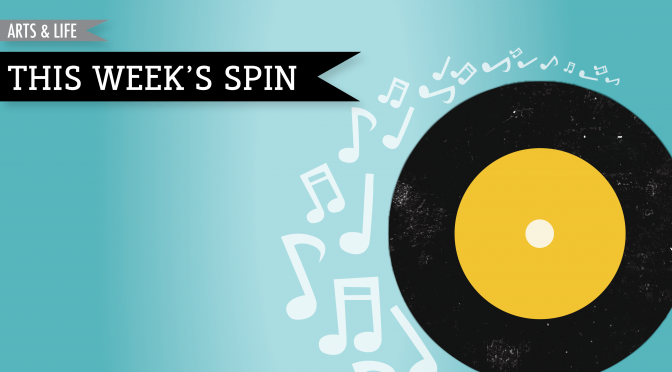
Virtual concerts reshape the music industry
By: Norma Sorto, Contributing Writer
Views expressed in opinion columns are the author’s own.
The COVID-19 pandemic has shifted the music industry in ways no one expected. Concerts were always a time for artists to connect with their fans. You’d see your favorite singer on stage and the feeling becomes a memory you’d never forget.
In the past year, live shows were canceled until further notice. Musicians had to figure out a way to reconnect with their fans without performing live. Many music venues also have gone under business due to the uncertainty of the pandemic.
In Washington, D.C, U Street Music Hall, owned by Will Eastman, closed its doors last year. As someone who has gone to many concerts at U Street Music Hall, I became saddened to find out that they had to close down. Another concert venue, Rams Head Live, in Baltimore, MD, also closed down temporarily in May 2020.
The National Independent Venue Association, a group of independent venues from across the nation, started the Save Our Stages movement. Their main goal is to provide financial aid for independent venues, promoters, producers and artists.
Musicians are now reinventing virtual concerts to perform again for their fans. Most live performances are streamed across various platforms such as Tik Tok, Instagram, My Music Taste, Youtube and Fortnite. Live streaming concerts provides a safe platform for artists and fans to reconnect. Many musicians are also using the platform to raise awareness about specific issues.
In August of last year, The Weeknd streamed his concert, known as “The Weeknd Experience” concert through Tik Tok. More than 2 million people streamed the live performance, and the event raised $350,000 for the Equal Justice Initiative, a non-profit organization committed to ending mass incarceration in the U.S.
Travis Scott, an American rapper, held his first Fortnite concert last year. The concert was only 15 minutes long, but the virtual experience is something you can’t experience in real life. The graphics and aesthetic of the concert were visually stunning.
BTS is another excellent example of how artists are taking advantage of virtual concerts. Their world tour was postponed last year due to the pandemic. Many fans were devastated by the sudden cancelation. However, BTS did a two-day concert event called “Map of the Soul ON:E,” in Seoul, South Korea, in October 2020.
They sold over 993,000 tickets, and fans from all over the world got to see BTS perform. I was fortunate enough to see the live performances online. The production and set design were well put together. Toward the end of the concert, you could see every fan holding signs and singing along with the members. Even though I was not there in person, it was still a moment I will never forget.
In the U.S., millions of people are getting the COVID-19 vaccine. Dr. Anthony Fauci, director of the U.S. National Institute of Allergy and Infectious Diseases, predicts that concerts can come back in fall 2021, depending on how many people are vaccinated by then.
According to an article by Self, Dr. Fauci says that at least 75% to 85% of people need to be vaccinated for in-person concerts to be considered safe. Many artists like Bad Bunny and The Weeknd have already planned their tour for the following year. Live Nation, an entertainment company, predicts to have concerts back by summer 2021, according to a Time Magazine article.
Despite this, music festivals are a different story. This year, South by Southwest, a music festival in Austin, Texas, was held online. Coachella, another famous music festival, was canceled and pushed back for 2022. Music festivals are a bit hard to manage since thousands of people are known to attend. There’s still a long way to go for music festivals to take place.
The real question is, will virtual concerts continue? The answer is yes. In-person concerts still have a long way to go. We’re not sure whether it is safe to have a large group gathering, especially in a concert venue. Even though people are starting to get vaccinated, there’s not enough evidence to support the idea of people going to concerts.
If live concerts were to continue in person, people still need to follow social distancing and wearing masks. Although the music industry needs to have in-person shows, it’s crucial to protect people’s health.

Your point of view caught my eye and was very interesting. Thanks. I have a question for you. https://www.binance.com/vi/register?ref=OMM3XK51
The shift toward virtual concerts really changed the way I experience live music. I love how artists can now connect with global audiences instantly, and it creates a different kind of intimacy that traditional venues don’t always offer. At the same time, it made me think more about how musicians can keep growing and developing their craft in this new landscape. That’s one of the reasons I’ve been spending more time on https://newyorkjazzworkshop.com — the focus on creative growth and high-quality instruction feels especially relevant when so much performance and collaboration is now happening online.